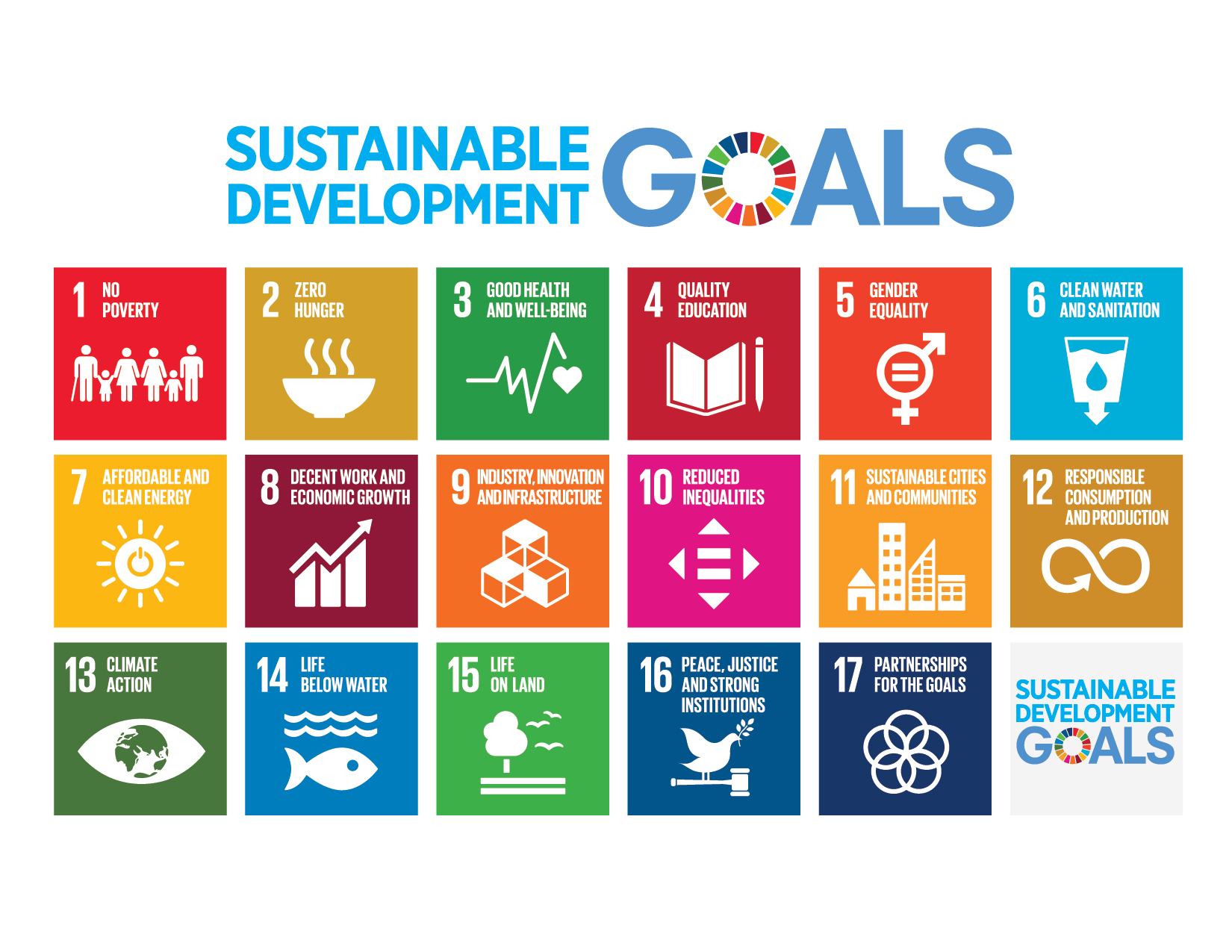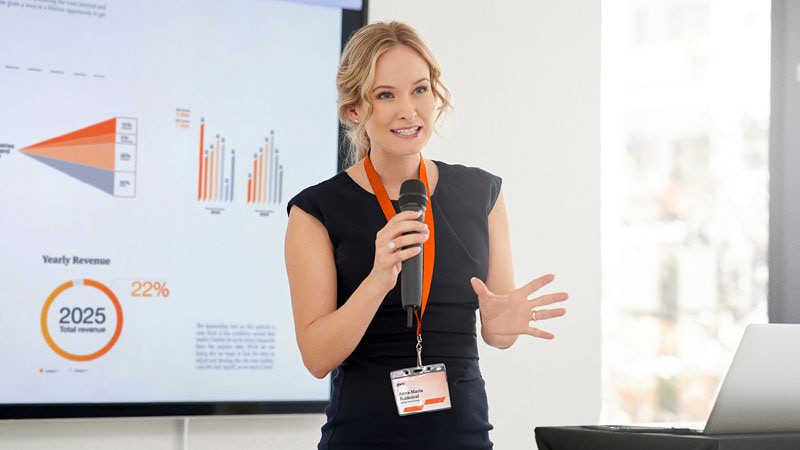With 193 governments agreeing to deliver 17 goals tackling major world issues by 2030, change lies ahead for business, not only to rethink strategy and business behaviour to align with the goals, but also to assess and evidence their impact.
Sustainable Development Goals (SDG)—impact on business

Taking action on the Global Goals
With 17 Global Goals to understand, how do you know where to start? Businesses contribution to the Goals will be key to their achievement. Each government will have its own set of priorities which will drive the action it needs to take. You’ll want your business to align with the SDGs so that it makes an impact that helps, not hinders, a country to achieve its goals. There’s much to consider not only for the country or countries you currently operate in, but also your supply chain and your future strategy to enter new markets and territories too.
Getting to grips with the targets and indicators that sit behind each goal is fundamental. You’ll want to understand what impact your business has on each and identify market opportunities too. When agreeing your strategy, you’ll want to know which initiatives and options will make the biggest positive difference or shrink a negative impact the most. You’ll want to know where to direct your attention and investment.

Contact us



Partner, Global Sustainability Markets Leader, PwC Netherlands
Tel: +31 (0)62 248 81 40



















